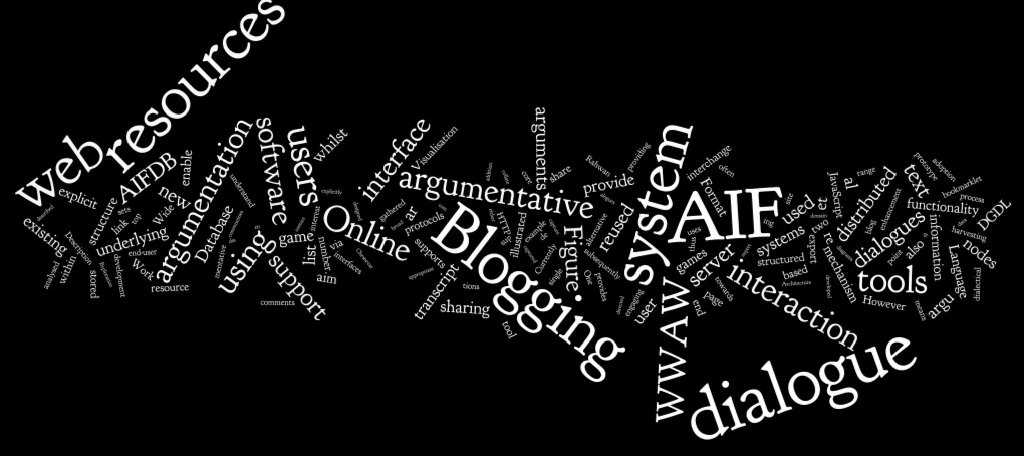
We are delighted to be hosting a visit from Prof. Tom Gordon from Fraunhofer Institute for Open Communications Systems (FOKUS) and Institute of Computer Science of the University of Potsdam. Tom is here to work with us on interactions between the EPSRC-funded DAM project and the EU FP7 IMPACT project, and to explore in detail connections between the AIF and LKIF (used in Tom’s Carneades system) in particular. Tom is also giving a seminar here, on Wednesday, 28 September at 12 noon in Wolfson, entitled,
The IMPACT Argumentation Toolbox for Policy Deliberations
Abstract. IMPACT is a European Framework 7 research and development project on the theme of information and communications technology for governance and policy modeling. IMPACT is conducting original research to develop and integrate formal, computational models of policy and arguments about policy, to facilitate deliberations about policy at a conceptual, language-independent level. These models will be used to develop and evaluate a prototype of an innovative argumentation toolbox for supporting open, inclusive and transparent deliberations about public policy on the World-Wide-Web. Four integrated web applications are being developed for the IMPACT toolbox: 1. Argument Reconstruction Tool; 2. Structured Consultation Tool; 3. Policy Modelling Tool; and 4. Argument Visualisation and Tracking Tool. All four tools are based on the same underlying computational model of argument and exchange arguments using the Legal Knowledge Interchange Format (LKIF), an XML format for argumentation schemes and arguments inspired in part by the Argument Interchange Format (AIF) developed partly at the University of Dundee’s School of Computing.





 Chris is today taking part in an
Chris is today taking part in an 




